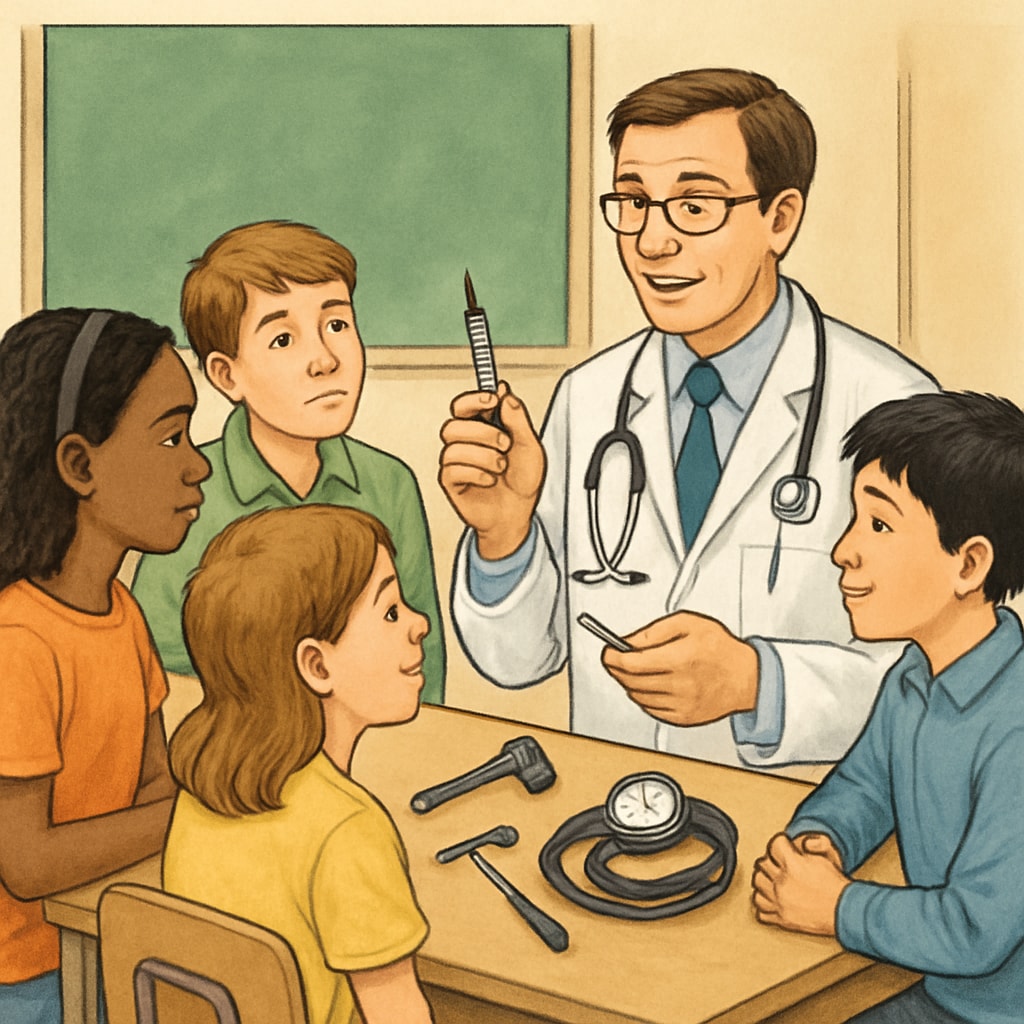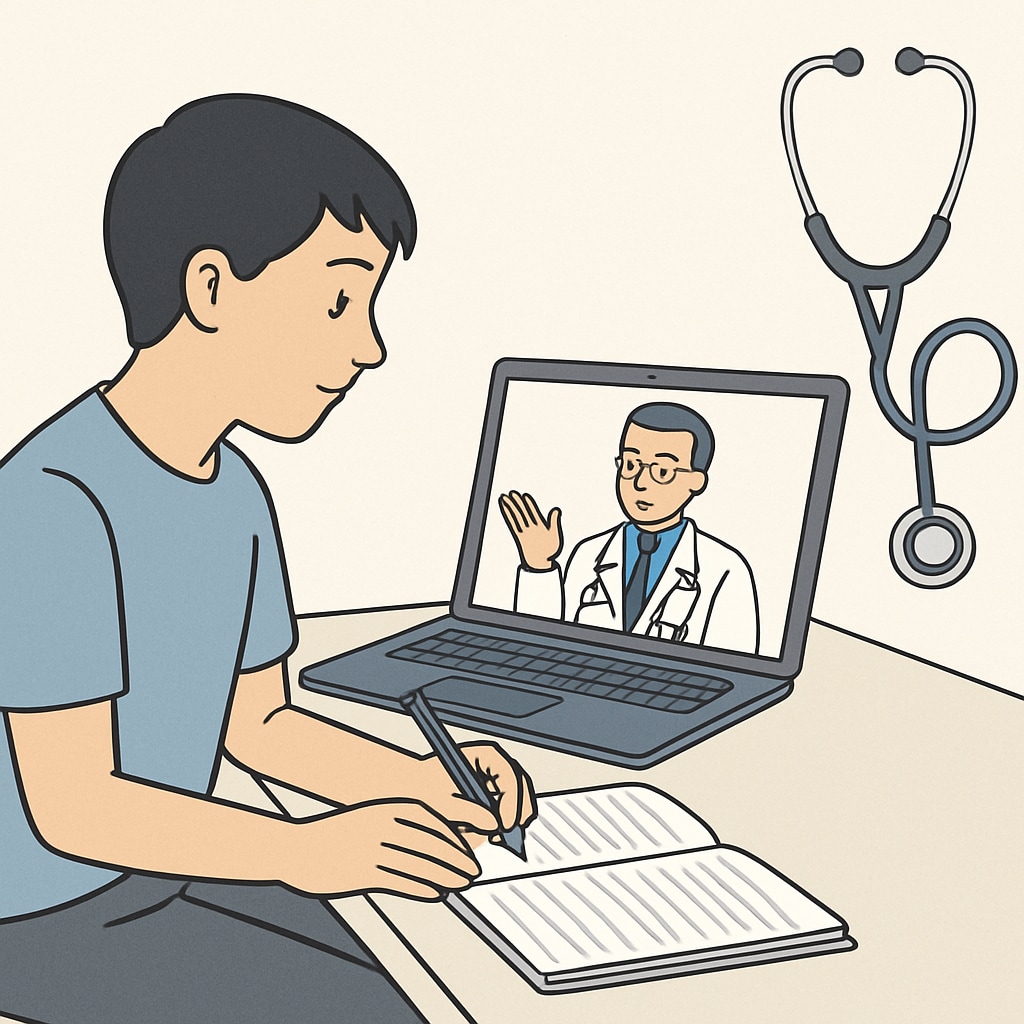The journey into a medical career often begins with a spark of curiosity—an interest in science, a fascination with the human body, or a desire to help others. For K12 students, gaining insights into medical professions can be transformative. An innovative school project bridges this gap by allowing students to directly interact with doctors, providing them with invaluable career advice, enhancing their critical thinking, and improving their communication skills. These early experiences lay the foundation for cultivating the healthcare professionals of tomorrow.
Why Engage K12 Students in Medical Career Exploration?
Introducing students to medical careers early in their education opens doors to a world of possibilities. Engaging with healthcare professionals allows them to ask questions, understand real-world challenges, and envision themselves in similar roles. For example, students might inquire about the daily life of a doctor, the academic path to becoming one, or the emotional rewards and challenges of the profession.

Programs that facilitate this interaction go beyond mere career guidance. They inspire students to think critically about their future, develop meaningful questions, and effectively communicate their thoughts. These skills are not only essential for medical professions but also for any career path they may choose. According to Britannica, early exposure to career options can significantly impact a student’s future educational and professional decisions.
How This School Project Works
The structure of this school project is simple yet impactful. Educators collaborate with local healthcare professionals, inviting them to participate in classroom discussions or virtual Q&A sessions. Students are encouraged to prepare questions in advance, focusing on aspects of the medical profession that intrigue them the most. Here’s an outline of how such a program might be implemented:
- Identify interested students and form small groups to ensure personalized interaction.
- Partner with local hospitals, clinics, or medical schools to connect with professionals.
- Guide students in formulating thoughtful questions related to medical careers.
- Host interactive sessions where doctors share their experiences and address student queries.
- Encourage students to reflect on the discussion and explore further learning opportunities.
As a result, students gain a clearer understanding of what it takes to pursue a medical career. Additionally, they learn about various specialties, from general practice to surgery, and the diverse paths available within the healthcare field.

Benefits Beyond Career Advice
While the primary goal of this project is to provide career advice, the benefits extend far beyond that. Students develop critical thinking as they analyze the information shared by doctors. They also improve their communication skills by articulating their questions and engaging in dialogue. These skills are crucial, as highlighted by the Critical Thinking entry on Wikipedia, which emphasizes its importance in problem-solving and decision-making.
Moreover, this program fosters empathy and a deeper understanding of the human side of medicine. Students learn about the challenges doctors face, such as managing work-life balance and coping with emotional strain, which can inspire greater respect and admiration for the profession. For some, this experience might solidify their decision to pursue a medical career, while for others, it might illuminate alternative paths in healthcare or beyond.
Looking Ahead: Inspiring Future Generations
As the demand for healthcare professionals continues to grow, it is crucial to nurture interest in medical careers from an early age. This school project serves as a model for how education can inspire and prepare students for the future. By directly engaging with doctors, students gain a realistic perspective on the profession, equipping them with the knowledge and skills needed to make informed career choices.
In conclusion, initiatives like these not only benefit students but also contribute to the broader goal of developing a well-informed and passionate future workforce. By connecting education with real-world experiences, we can inspire the next generation of healthcare professionals to make meaningful contributions to society.
Readability guidance: This article uses short paragraphs and lists to enhance readability. It balances active and passive voice, incorporates transitional words, and maintains an engaging yet professional tone throughout.


